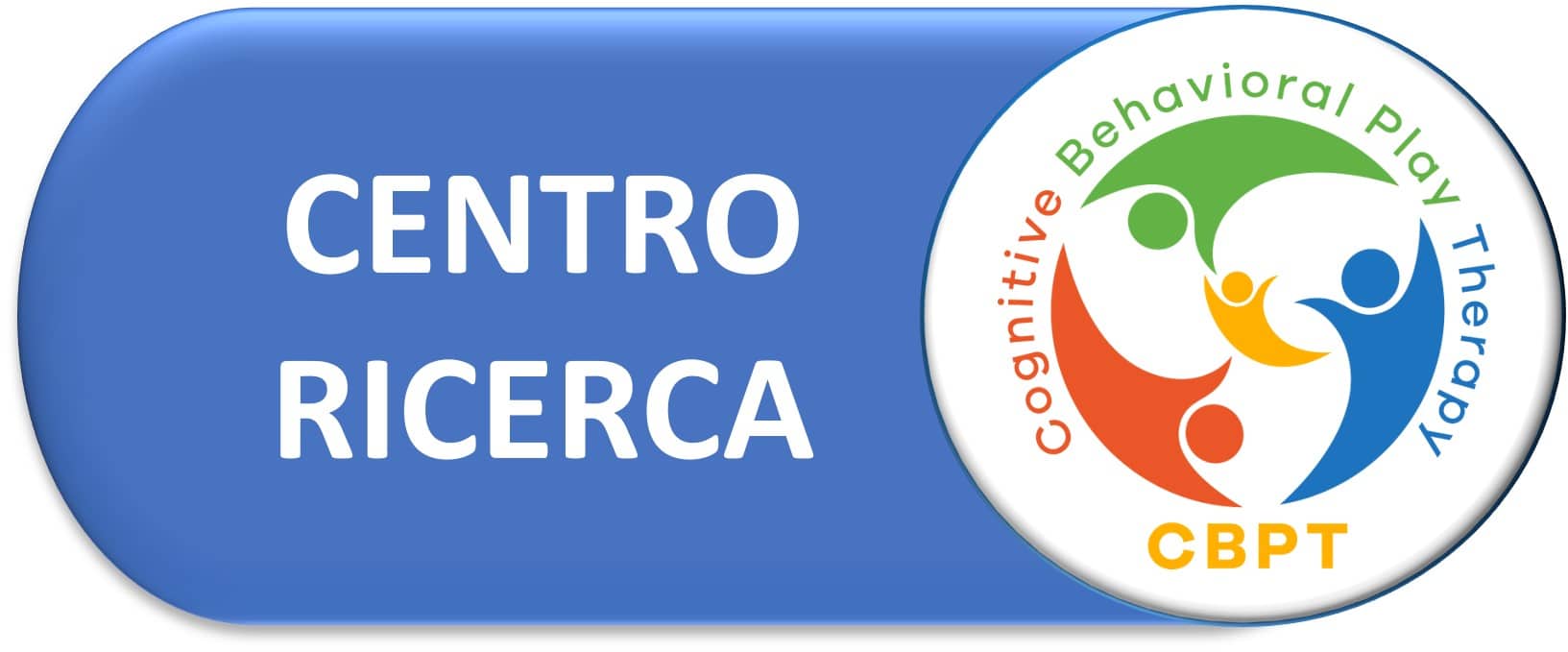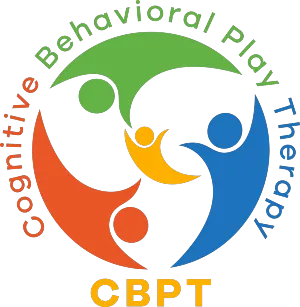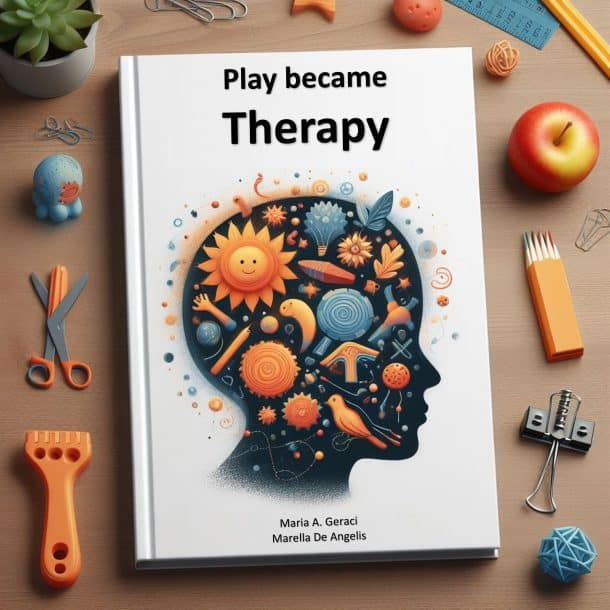RESEARCH PROJECTS
CBPT RESEARCH CENTER
TITLE PROJECT
Effects of Cognitive Behavioral Play Intervention (CBPI) on Quality of Life in Children with Early-Onset Epilepsy


Cognitive-Behavioral Play Therapy (CBPT) is an intervention that adapts empirically supported CBT techniques to a play-based environment with preschool and school-aged children, directly involving the child with various problems in the therapeutic process.
Hospitalization and other healthcare experiences can be difficult for children, both physically and psychologically. Various studies have highlighted the significant therapeutic value of play for sick children and the effectiveness of play interventions in reducing stress and anxiety in hospitalized children.
Our study aims to implement CBPT in a hospital setting, drawing inspiration from the model theorized by Knell (1993, 1998) and structuring the play intervention as experimented by Pearson (2008).
Specifically, this study will focus on a sample of children with early-onset epilepsy and aims to promote an improvement in quality of life through a cognitive-behavioral play intervention aimed at stimulating positive thinking and improving problem-solving and coping skills, which are essential for children’s psycho-emotional development.
TITLE PROJECT
Effects of Cognitive Behavioral Play Intervention (CBPI) on Academic Self-Efficacy and Self-Esteem in Children with Specific Learning Disorders

This study is grounded in the hypothesis that CBPT can be implemented in a clinical setting, drawing on the model theorized by Knell (1993, 1998) and Geraci (2022, 2024) and structuring the play intervention as experimented by Pearson (2008). Pearson’s study (2008) provides empirical support for the effectiveness of applying cognitive-behavioral play therapy within an intervention that does not involve psychotherapy. Through this intervention, children can be indirectly taught to consciously use their thoughts to mediate events when facing a problem. In particular, they can be taught to use hopeful thinking statements that enhance their sense of agency and a problem-solving method to generate pathways to achieve their goals. Within the Cognitive Behavioral Play Intervention, specific games and dolls are used for target problems; modeling and praise have been used to teach hopeful thinking skills; children have been taught to use self-instructions and practice positive self-affirmations during play sessions.
In light of the above, we hypothesize that children with Specific Learning Disorders (SLD), by accessing structured play sessions according to the CBPT model, can acquire the tools for better management of academic self-efficacy and self-esteem issues related to their pathological condition and the experience of hospitalization.
Specifically, this study will focus on a sample of children diagnosed with SLD and will have the primary objective of promoting improved academic self-efficacy and self-esteem through a cognitive-behavioral play intervention. A secondary objective of the study will be to stimulate positive thinking, improve problem-solving and coping skills, which are essential for children’s psycho-emotional development.
TITLE PROJECT
The effects of the pandemic on play and cognitive-behavioral aspects in a sample of 3-6 year-old children

In the spring of 2021, the CBPT Research Center, in collaboration with several preschools in central Rome, launched an online survey titled “The cognitive-behavioral and playful effects of the pandemic on children.” This survey involved the creation and online administration of a questionnaire consisting of a general part where teachers were asked about the changes they observed in their classroom following the lockdown; and a specific part where each teacher answered questions specifically directed at each of their students aged 3 to 6 years.
The questionnaire questions were designed with reference to the 4 main areas of development: play, neuropsychological, emotional competence, and behavioral.
Of particular interest were the results obtained regarding the changes observed in the area of play. As the image shows, about 53% of children showed a change in their way of playing after the pandemic, and this change led to a redefinition of the children’s expressed preferences.
The data emerging from this survey revealed how the recent pandemic has also had repercussions on the lives and development of the youngest, forcing them to reorganize their areas of functioning and, in particular, their way of expressing themselves through play.

